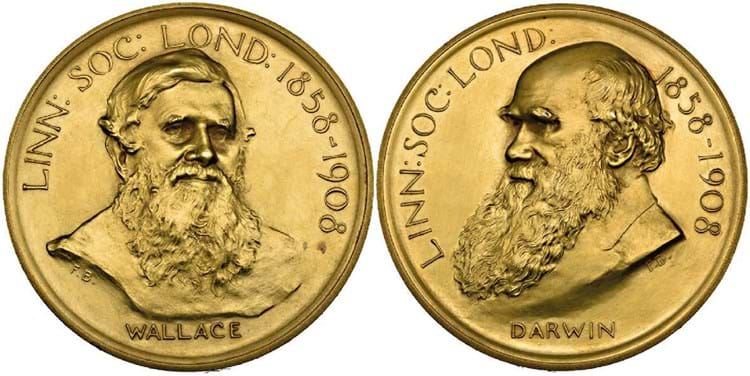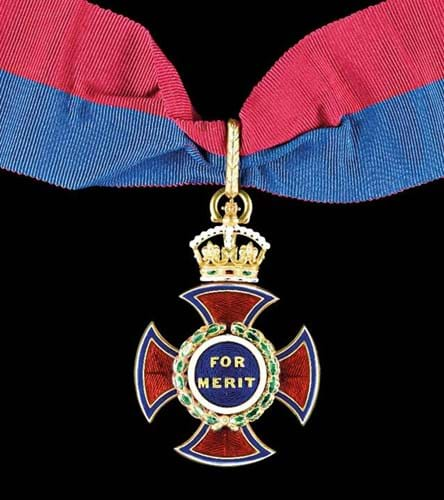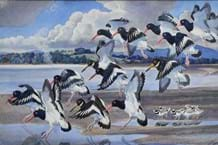
The Linnean Society of London Darwin-Wallace Medal in gold was the top lot of the Alfred Russel Wallace group, taking £75,000 at Morton & Eden.
Wallace received a number of medals and awards during his lifetime and nine were offered in separate lots at a Morton & Eden sale held at Sotheby’s on July 20.
A dispersal of this type could have led to the items being distributed among a wide range of buyers but in this case one bidder snapped up eight of them. Medal and exploration specialist Roan Hackney bought the lots in a personal capacity and hopes that a museum will eventually be able to raise the money to buy the whole group.
He said: “These medals have serious national importance and I bought them to ensure they stay together so that one day an institution will have the chance to own them in future.
“This was a one-of f opportunity and when they are split up it is much harder to bring them back together. Their significance drove me to purchase them.”
Top seller
The highest price among the nine medals, which came by descent from Wallace’s family, was The Linnean Society of London’s Darwin-Wallace Medal. This was the only one Hackney did not buy.
Estimated at £10,000-15,000, it was hammered down at £75,000 to an anonymous phone buyer.
The gold medal, designed by Frank Bowcher, was commissioned in 1908 by the society to mark the 50th anniversary of a reading of joint papers by Charles Darwin and Wallace which took place on July 1, 1858.
The remaining eight medals all went to Hackney, who was bidding in the room, for a hammer total of £198,000. Among them was the Royal Geographical Society Founder’s Medal which sold for a hammer price of £36,000 (estimate £10,000-15,000).

Alfred Russel Wallace’s Order of Merit, Civil Division, Edward VII issue, estimated at £12,000-15,000, sold for £26,000 at Morton & Eden.
James Morton, director of Morton & Eden, said: “Medals of such historic significance are extremely rare and not surprisingly attracted a great deal of interest. The high prices paid for his medals bear testament to Wal lace’s enormous contribution to the revolutionary scienti f ic discoveries of the 19th century, which remain hugely relevant.”
Famously, Wallace’s idea of evolution by natural selection came to him entirely independently of Darwin, who had been working on the very same theory for 20 years, but was yet to publish.
After discussing their similar theories (and after seeking advice of friends) their theory was presented jointly at a meeting of the Linnean Society.
Darwin published The Origin of Species the following year and eventually overshadowed Wallace. Wallace expressed no resentment and became Darwin’s greatest fan.
Wallace was also a social activist, critical of the social and economic injustice in 19th century Britain.














